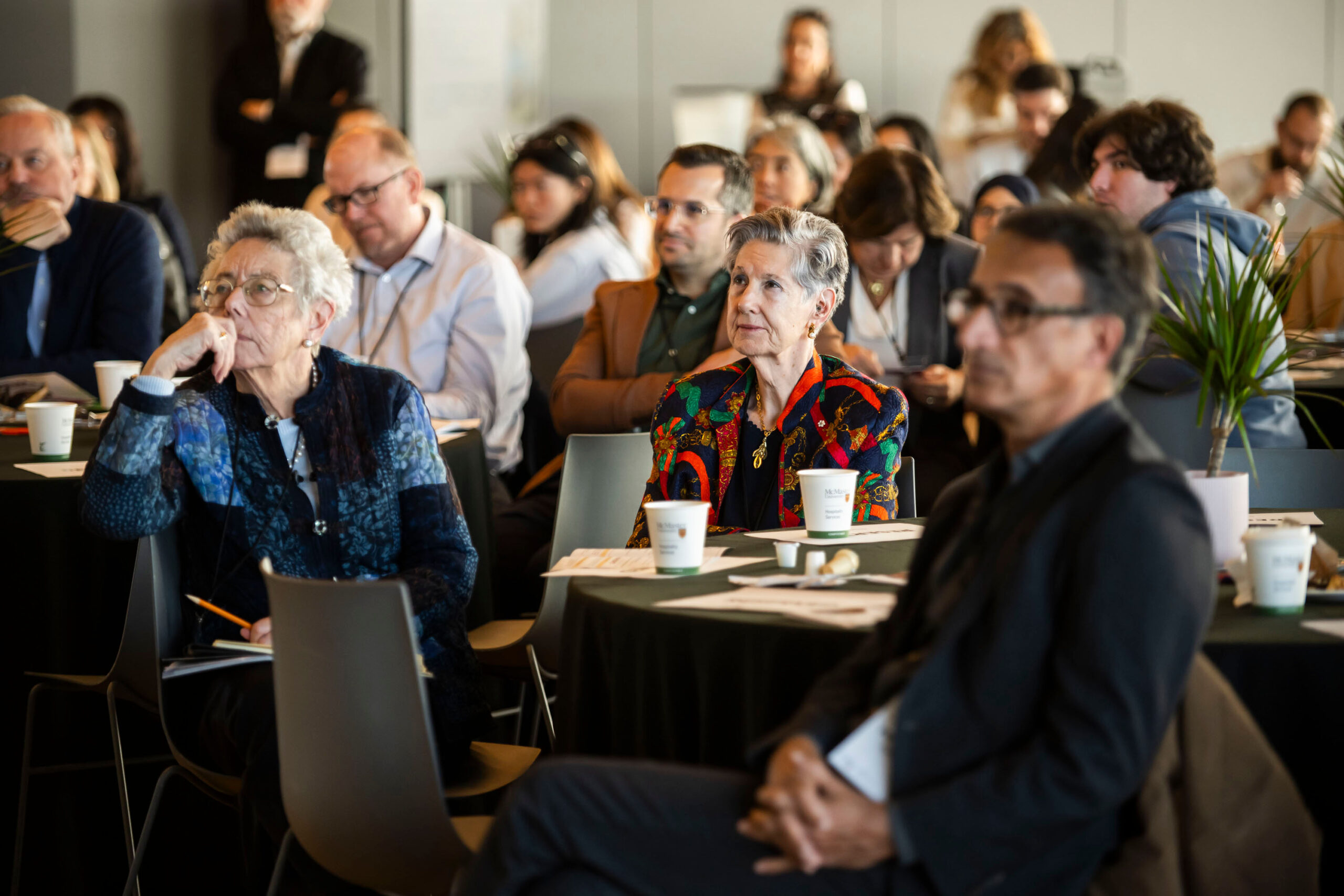Published: July 15, 2020
The Bottom Line
- The COVID-19 pandemic has greatly disrupted individual and societal experiences of end of life care, grief and bereavement due to public-health measures to counter the spread of the virus.
- The impossibility of accompanying some of our loved ones at the end of their life, and the need to modify certain rites (or even the impossibility of practicing them) has affected the grieving process.
- In order to allow people to grieve during a pandemic, alternative or virtual ways must be found to honor the memory of our loved ones and provide comfort to their close friends and families.
End-of-life care, grief and bereavement experiences have been greatly disrupted since the start of the COVID-19 pandemic. Various public-health measures had to be taken to stop the spread of the virus. Just think of measures of physical distancing, measures of isolation and confinement in certain establishments (including hospitals and long-term care and accommodation centers), measures of taking care of bodies and services funeral, or measures related to the ban on gatherings. Although these measures are important to slow the spread of COVID-19, they have resulted in many families losing loved ones without being able to accompany them in their last moments, or to honor their memory at public events. There is no doubt that this can contribute to the grief and distress of the bereaved.
What can we learn from past pandemics and infectious disease outbreaks about the care or supports required to allow people to grieve when strict public-health measures are in place?
The McMaster Optimal Aging Portal (mcmasteroptimalaging.org), a unique online health resource created by McMaster University to support the healthy aging of Canada’s older adult population, is highlighting ways to stay active and engaged while practicing physical distancing during the current COVID-19 pandemic.​ Read more.

